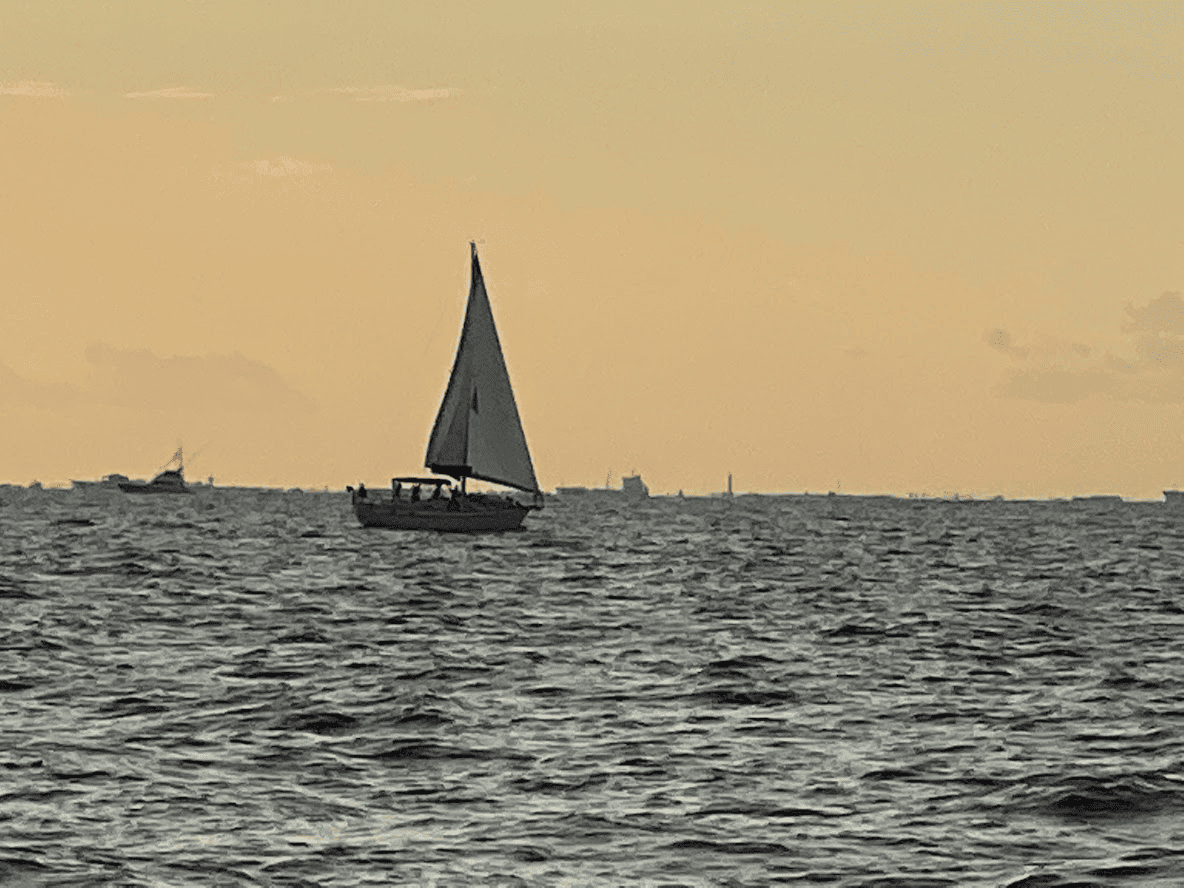Boating Accidents
Florida / Boating Capital of the World
Recognized as “The Boating Capital of the World,” Florida leads the nation with over a million registered vessels across the state.
Boating can be fun and pleasurable. No one casts off for an exciting day on the water expecting that the day may end in tragedy.
Unfortunately, each year Florida Fish and Wildlife Conservation Commission (“FWC”) officers respond to far too many tragic boating accidents that could have been prevented. There are hundreds of accidents reported each year, involving as many as 2,000 individuals.
Boating Accident Causes And Statistics
In 2021 Florida ranked first in the nation in boating accidents, with 751. Fifty-nine fatal accidents resulted in 60 deaths in 2021. 22% of those were due to someone falling overboard.
The leading cause of death in fatal boating accidents was drowning, with 33 deaths (55%). Alcohol or drug use played a role in 23% of boating deaths.
May, in 2021, was the month with the highest number of deaths statewide (10).
Eighty-three percent of boat operators in fatal accidents lacked maritime education.
Personal watercraft were involved in 26% of boating accidents, with 17 deaths and 162 injuries from 195 accidents.
In 2022, 54% of all vessel accidents involved collision. The primary causes for these accidents were improper lookout and operator inexperience.
According to FWC, one of the most common causes of boating accidents is that people are going out with inexperienced boaters. FWC suggests that passengers go out with an experienced boating captain (one that’s certified) one that’s gone through the classes, the courses, and understands the rules of the road out on the water because that is very important.
Safety Violations | Boating Accident Fault
When simple and basic safe boating practices are not followed, tragedy can happen. According to the FWC, an operator is at fault when an accident or injury is caused by:
- Speeding
- Overloading, improper loading and not properly seating occupants of the boat
- Lack of a proper look-out
- Carelessness, failure to heed weather warnings
- Operating recklessly in a congested area, not observing the rules of the road
- Unsafe fueling practices
- Lack of experience
- Ignorance of aids to navigation
- Lack of caution in an unfamiliar area of operation
- Improper installation or maintenance of hull, machinery or equipment
- Panic, poor judgment or recklessness
- Proceeding in an unseaworthy craft
- Operating a motorboat near persons in the water
- Overpowering the boat, starting the engine with clutch engaged or throttle advanced or irresponsible boat handling (such as quick, sharp turns)
FWC Regulations: In Part
In part, applicable FWC violations and rules include:
- Anyone who operates a vessel with willful disregard for the safety of persons or property will be cited for reckless operation (a first-degree misdemeanor)
- All operators are responsible for operating their vessel in a reasonable and prudent manner with regard for other vessel traffic, posted restrictions, the presence of a divers-down flag and other circumstances so as not to endanger people outside of the vessel or property. Failure to do so is considered careless operation (a non-criminal infraction)
- A violation of the Federal Navigation Rules is also a violation of Florida law
- Anyone born on or after January 1, 1988 who operates a vessel powered by 10 horsepower or more must pass an approved boater safety course and have in his/her possession photographic identification and a boating safety education identification card issued by the Florida Fish and Wildlife Conservation Commission
- It is a violation of Florida law to operate a vessel while impaired by alcohol or other drugs. A vessel operator suspected of boating under the influence must submit to sobriety tests and a physical or chemical test to determine blood- or breath-alcohol content
- In Florida, a vessel operator is presumed to be under the influence if their blood- or breath-alcohol level is at or above .08
- Any person under 21 years of age who is found to have a breath-alcohol level of .02 or higher and operates or is in actual physical control of a vessel is in violation of Florida law

Kinds of Vessels Involved in Boating Accidents
Boats, vessels and watercraft involved in boating accidents include:
- Pleasure Boats
- Recreational Boats
- Center console and runabouts
- Cabin cruisers
- Kayaks, canoes and paddleboards
- Jet skis
- Personal watercraft and waverunners
- Sailboats
- Airboats
- Houseboats
- Yachts
- Tenders
How to Boat Safely and What to Do if You are in A Boating Accident
Things to do that will keep your boating day safe on the water include:
- Only boat with experienced and certified boat captains
- Only go with captains who are trained and know the rules of the road
- Make sure the boat operator has a designated lookout (other than the captain) and maintains a safe speed given the conditions
- Obey slow-wake and no-wake zone
- Develop a float plan. Let family and friends know where you are and for how long
- Use a boating app to track your course and share your track with family through text or social media
- Have all U.S. Coast Guard required safety gear
- Always make sure there are enough life jackets that are easily accessible and know where they are stored, if not worn
- Make sure children under 6 always wear a life jacket
- Make sure there is a safety kit onboard that includes a fire extinguisher, first aid supplies, flashlights, matches, a whistle or other sound device, and flares
- Have a working waterproof marine radio
- Check the weather the day before leaving and regularly on the water for updates
- Avoid or don’t use any form of alcohol or drugs that can impair a boater’s (captain or passengers) judgment, reaction time, and overall ability to operate a boat safely or react as a passenger in an emergency situation
- Keep extra food and water
- Have an anchor with proper line
- Keep basic tools onboard
- Have a full fuel tank or keep extra fuel onboard
- If you are in an accident report it to the proper authorities immediately, call your insurance company and get medical care immediately following the incident
- Contact a boating accident / maritime law specialist immediately
Clark & Zedella and Boating Accident Cases
For decades Clark & Zedella have been maritime lawyers and litigated serious boating accident cases. We have been in cases where multiple injured parties suffered catastrophic and life altering injuries. These cases can result in settlements or judgments in the millions of dollars when boaters and passengers are seriously injured or killed.
Dwayne Clark was in the United States Coast Guard and was trained extensively in boating safety, navigation and the Rules of the Road. He previously was licensed by the United States Coast Guard as a U.S. Merchant Marine Officer – Operator of Uninspected Passenger Vessels – Inland – As defined in 46 U.S.C. 2101 (42)(B). To obtain that license he had to demonstrate proficiency in and was tested in subjects like navigation, tidal calculations, international and inland rules of the road, coastal pilotage, meteorology, anchoring and mooring, marlinespike, docking and undocking, buoyage systems, safety, voyage and passage planning, general ship knowledge, regulations, stability and vessel construction, and seamanship. Mr. Clark is an avid boater and has a good understanding of the marine environment and laws.
Kristen Zedella and Dwayne Clark have litigated marine, boating and maritime cases for decades and that understanding of the maritime law and boating regulations combined with military and boating experience make them uniquely qualified to handle serious boating accident cases.
Call Soon
If you have been injured in a boating accident, call our firm soon for a free consultation regarding you legal rights. Time limits for reporting and filing claims can be very short. Evidence in boating cases can disappear quickly making proof difficult or impossible. Accident investigation and preservation of evidence can be crucial.
Don’t delay. Call us soon and we will discuss your boating accident injuries, potential claims and rights under the law.


